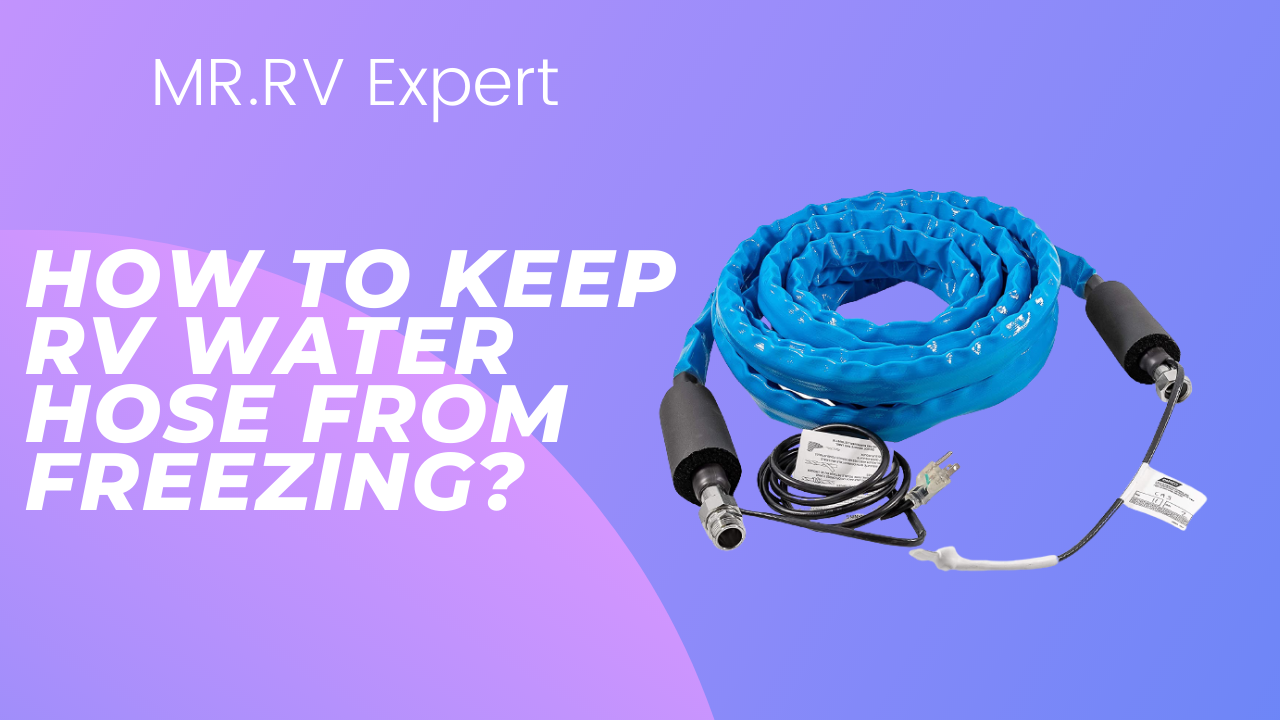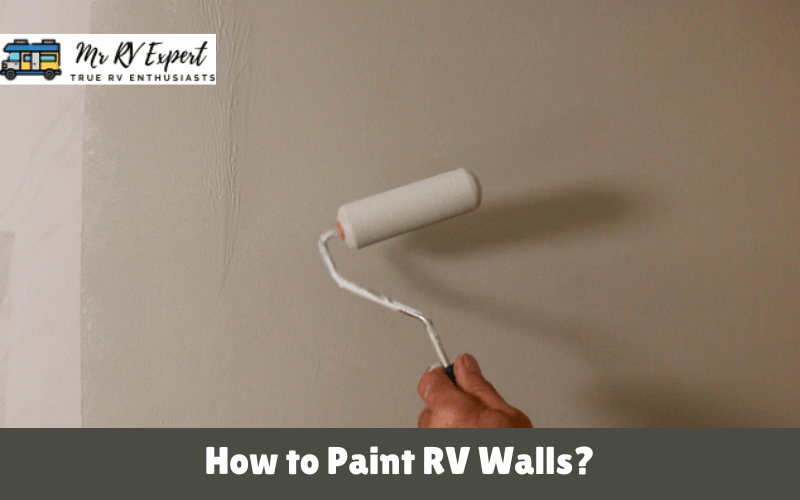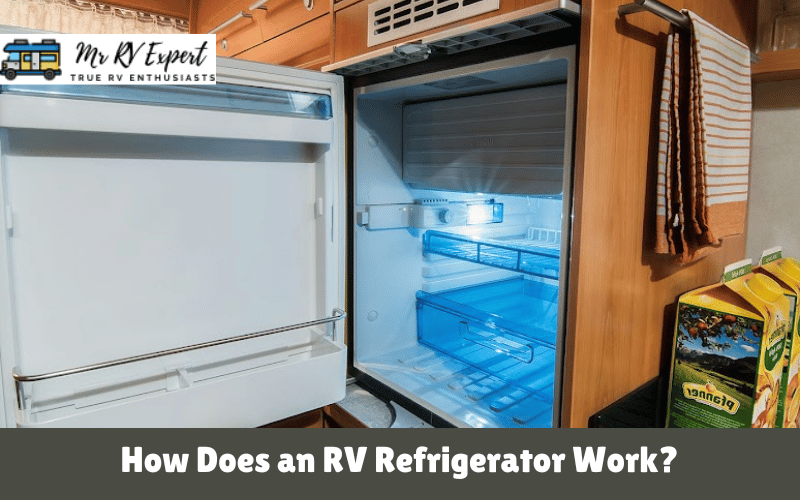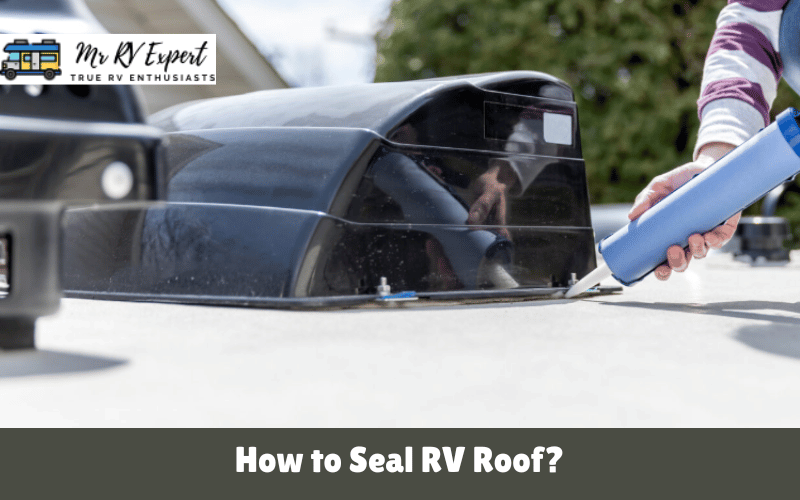If you want to prevent the water in your RV from freezing, you should take steps to prevent it from freezing. When the hose is exposed to cold temperatures, it can break and damage the hose. If it is exposed, it can split or crack. If you don’t plan to travel in the winter, make sure the hose is insulated and heated. This will prevent the hose from becoming brittle.
If you’re traveling in an RV, there’s a chance that your water hose will freeze. This is especially problematic if you’re planning to stay in one spot for a long time. While it’s not possible to completely winterize the entire system, there are a few things you can do to prevent freezing. In particular, you should make sure your water hose is heated. This will prevent the ice from forming in the pipe. If you’re not sure how to keep your RV water hose from freezing, you can try using the methods mentioned below. They will help you to deal with these problems easily:
Table of Contents
How to Keep RV Water Hose From Freezing?
Use a heat gun:
You can use a heat gun to defrost your RV water hose if you live in a cold climate. To use a heat gun, you need to aim the nozzle at the end of the hose and then heat it for five to ten minutes, making sure to move the nozzle in different directions and evenly distribute the heat. While this will help defrost the ice, it will also make the hydrant clogged with ice.
Place it in a warm place:
Insulating your hose is important during the winter, especially if you have an exterior shower. If you can’t remove it from the RV, you should put it somewhere warm inside. This way, warm air can circulate through the cabinet, and you’ll still be able to fill up the tanks in the morning.
Use a heat tape:
It’s easy to forget about your RV’s water hose, but you can keep it warm by wrapping it with insulated heat tape. If the weather is cold enough to freeze your ice-cold hose, you can wrap the RV Sewer hose in the heat tape as well. It doesn’t matter what material the insulating material is made from; the main idea is to avoid getting the piping frozen. It will protect temperatures from falling below freezing, protecting your hose from a freeze. The best way to protect your RV water hose from the cold is to use this method.
Clear out water:
To prevent your hose from freezing, make sure you empty your tanks and clear out any excess water in the plumbing system. This will prevent your hose from snagging during cooler weather and will help prevent it from breaking or cracking. When it comes to preventing the hose from breaking, it is imperative to follow these steps to avoid a frozen hose. If you’re not using a lot of water, make sure your RV’s water hose isn’t overfilled. If the water tank is overfilled, the water hose will freeze as well.
Winterize:
If the temperatures are consistently below 20 degrees Fahrenheit, you should consider winterizing your RV. It’s important to keep the underbelly heated in case of cold weather. If you’re not sure how to winterize your RV, you can try running a heater inside. In addition to winterizing your RV, you can try clearing out any Excess Water to keep a reversible problem.
Use an antifreeze:
Aside from keeping the water tank full, you can also protect your RV’s plumbing system by adding antifreeze to the pipes. If you’re concerned about the cost, you can always contact a local repair shop. If you’re not confident about performing this task, you can opt to use a professional to do the job. Adding a small amount of camper antifreeze to the pipes will make them crack-proof.
Use a heated garden hose:
If you live in a cold climate, it’s important to use a heated garden hose. This will prevent the hose from becoming damaged. This will also help to prevent damage to the hose. A heated garden hose is a great solution for preventing the frozen water lining in your RV.
Why Should You Protect Your RV Water Hose From Freezing?
Keeping the hose warm is the first step to protecting your RV water hose. If you’re staying for a few nights, you can leave it connected to the RV fresh water tank inside the camper. When you’re done, be sure to check the hose and connect it again. Then, you’re ready to take on the next adventure.
The hose can freeze in several places on the RV. When it is uncovered, it can become unusable and cause a serious problem. If you’re going to stay in a cold place, it’s essential that the water supply is protected to prevent your hose from being damaged by the cold.
A heated hose is a big part of the RV’s water system. While it’s a great idea to avoid having your water hose freeze up, it can also damage your RV. To prevent this problem, you can apply the mentioned steps, and you’ll be more than happy that you got rid of this problem!
[kkstarratings]








